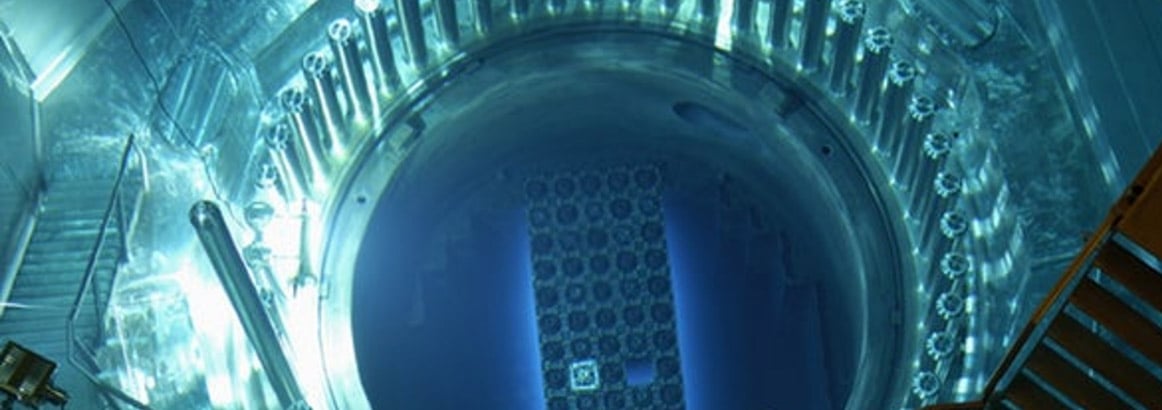Ensuring the long term operations (LTO) of the global nuclear fleet is essential to meeting clean energy goals for a safer tomorrow.
While some utilities are applying for their first or second license renewals, others have decades of operations left before their initial license expires. No matter what part of a nuclear plant’s lifecycle they are currently in, setting a strategic LTO plan provides sustainable benefits that can be realized by all plant designs and ages.
Preparing for LTO is a complex process requiring careful considerations and prioritizations. This complexity requires customized approaches that can generate and perpetuate some myths around implementing LTO programs. Below we “bust” some of the most common LTO myths in the industry.
MYTH: LTO cannot achieve operations and maintenance (O&M) cost reductions
A coordinated LTO program incorporates sophisticated asset management planning. Having a comprehensive strategy that focuses on minimizing or eliminating unnecessary inspections and more predictable maintenance ultimately results in reduced O&M costs.
MYTH: LTO programs result in administrative burdens, not growth opportunities
The regulatory landscape is ever-changing, and ensuring compliance in both short-and long-term operations is non-negotiable. Partnering with an experienced vendor like Westinghouse can relieve administrative burdens such as licensing compliance to minimize complications and mitigate duplication of efforts. This leaves your personnel free to focus on safe and reliable operations for the long term.
MYTH: Addressing LTO concerns as they arise is more cost-effective than an LTO program
Advancements in technologies and processes have resulted in more strategic, predictable approaches to LTO. By developing a strategic, forward-thinking plan that is more proactive than reactive, utilities can not only get a sense of WHAT improvements and modifications are needed but WHEN. Plants will be able to plan updates at a time that can truly maximize their return on investment (ROI) and mitigate costly, unplanned downtime.
MYTH: Power upratings would accelerate ageing of assets and would require earlier replacement
Appropriately selected and timed replacement of aging assets and components can enable the extension of the plant’s life and an increase in the power output, thereby helping to pay for themselves and improving the plants overall ROI.
MYTH: LTO programs mean more outages are needed to implement upgrades
Advanced asset management planning and maintenance schedules materially extend the life of essential plant assets, minimizing the need for replacement and enabling utilities to anticipate and avoid component failures and unplanned outages.
MYTH: It would be better to make adjustments to my current LTO plan at a later time
By employing early robust planning techniques and weighing alternative investments across various scenarios as early as possible, you can optimize the ROI and lifespan of your plant that could be missed by waiting to plan.
MYTH: I have a team of in-house experts who won’t benefit from outside support
Nobody knows your plant better than you. As an OEM, Westinghouse looks to work in partnership with your experts to complement and provide additional expertise to help you get the most from your current and future operations.
In addition to our internal OEM expertise, Westinghouse fosters relationships with the global nuclear fleet and various industry stakeholders. These partnerships provide valuable insights and lessons learned that we share with respect to operational problems and solutions, ensuring the continued progress of the nuclear industry for the long term.
Want to learn about how we can partner with you to drive the life extension of your plant?




